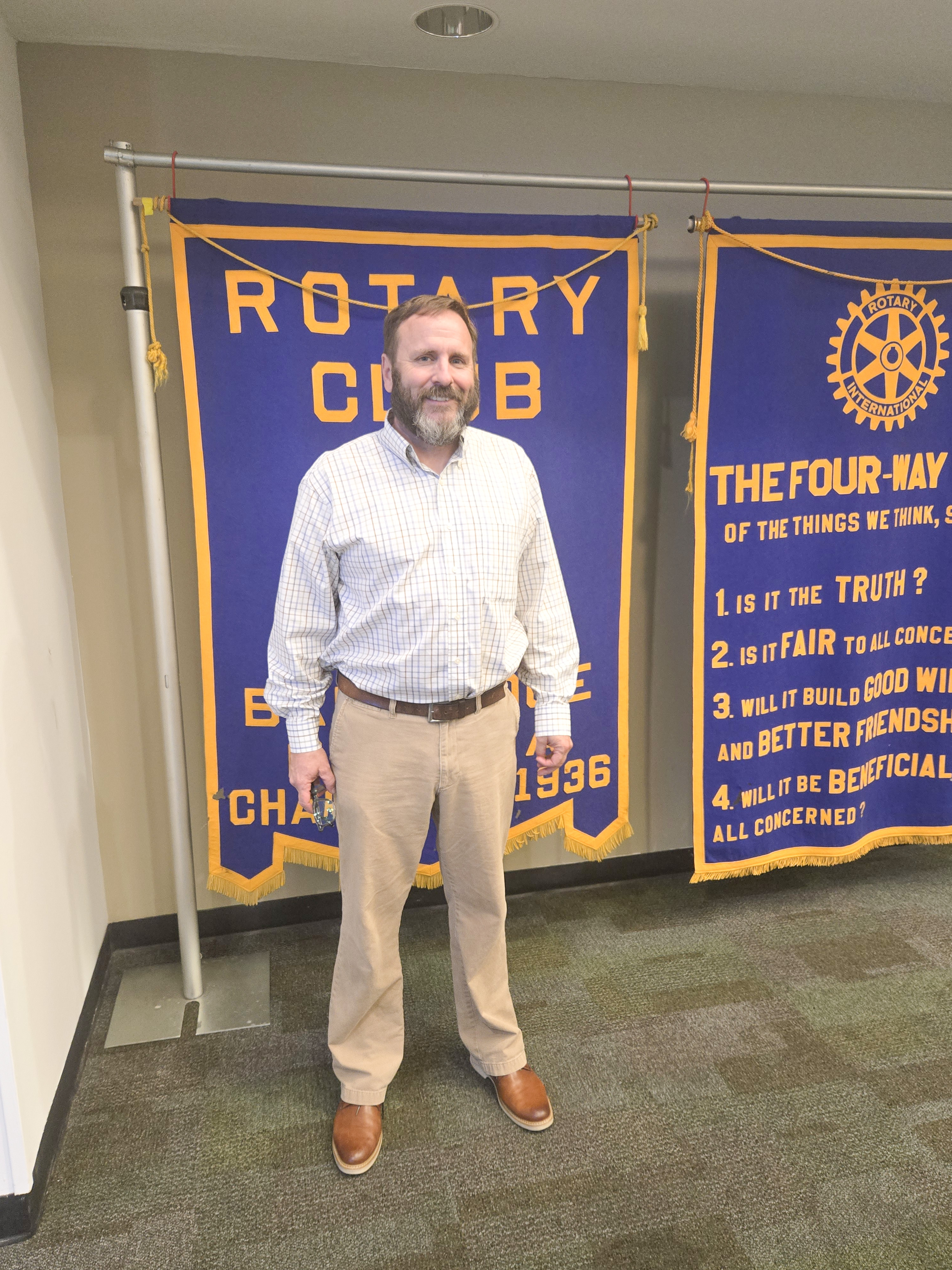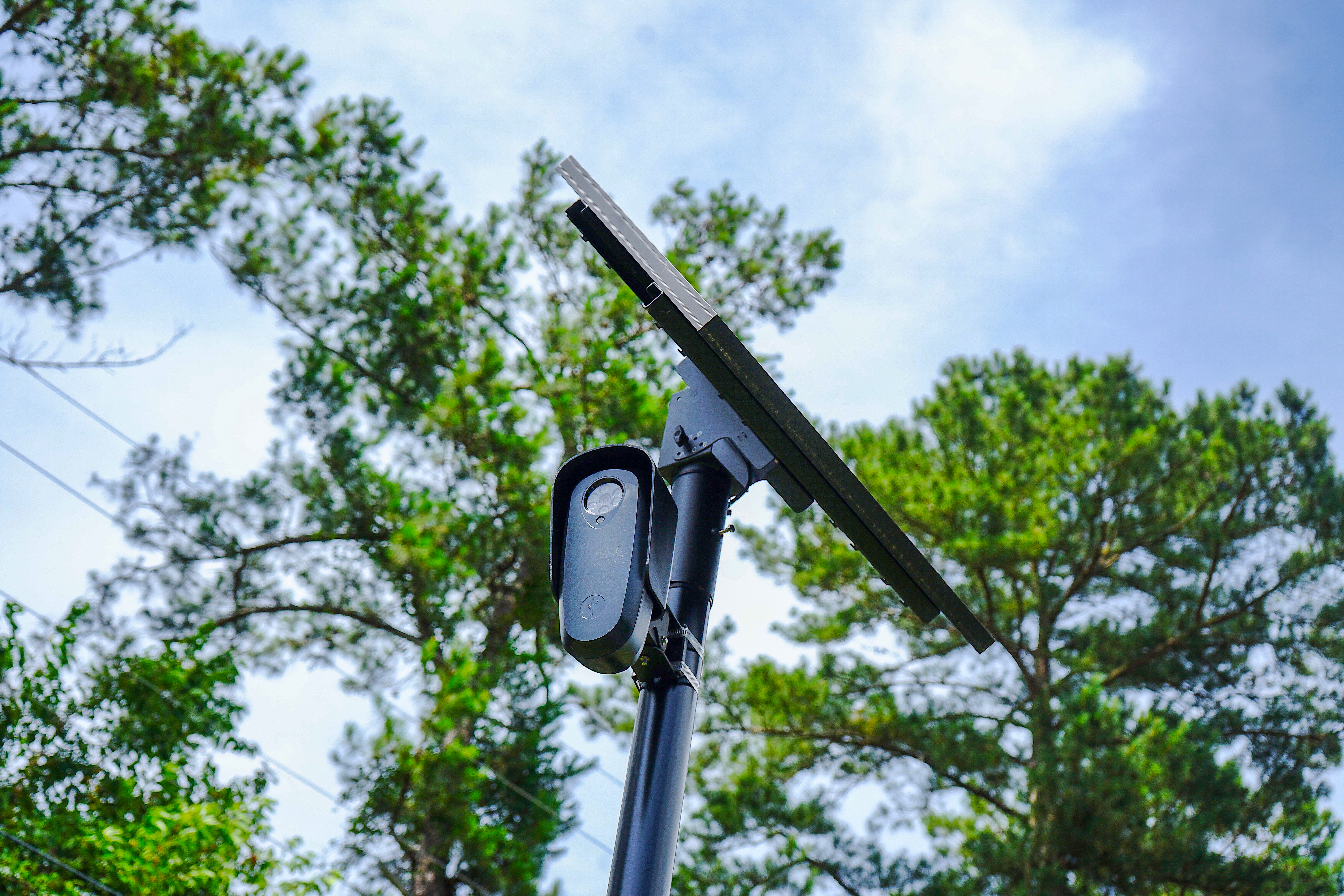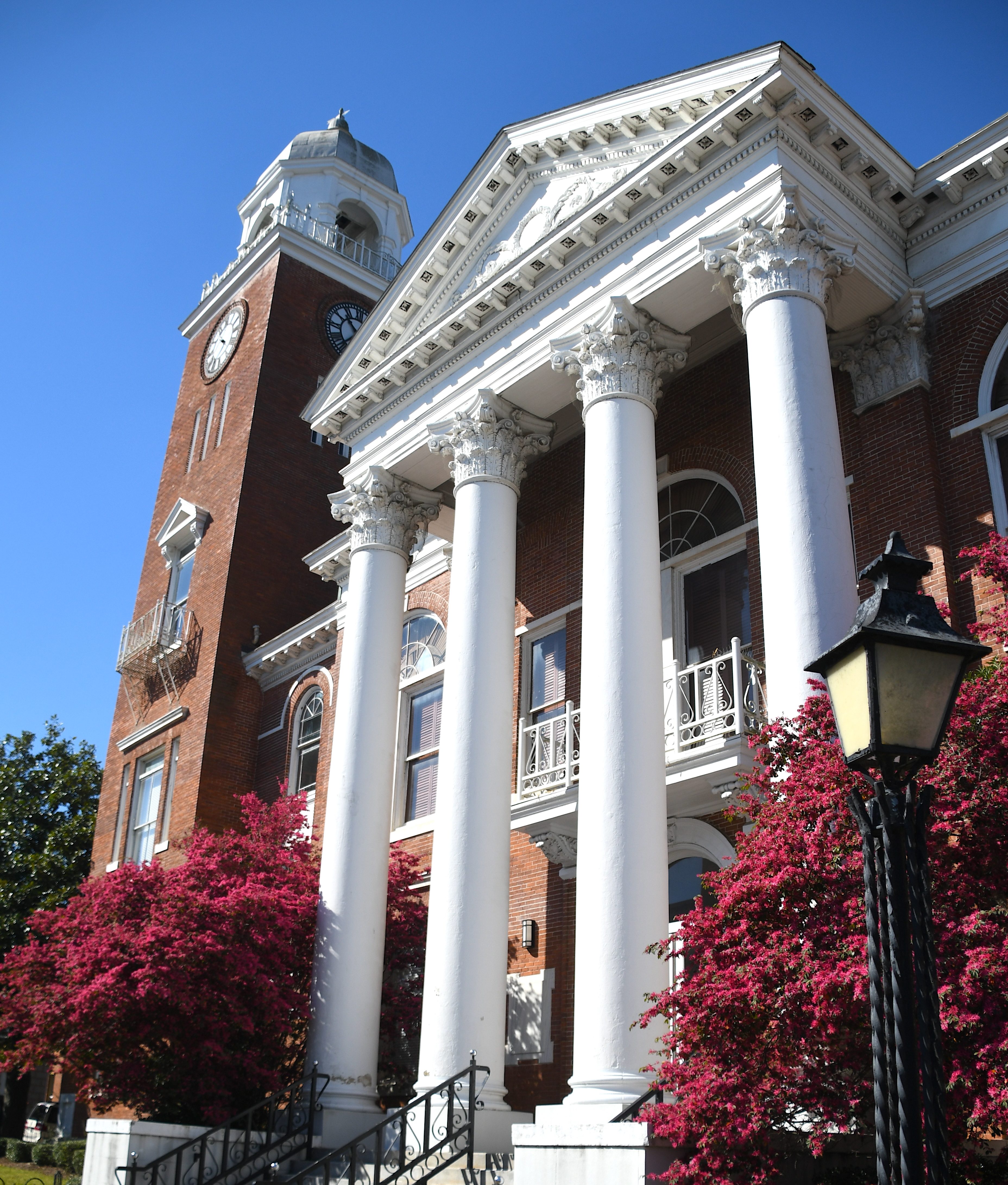Newest Rotarian John McGuire speaks about Paradise Park
Published 9:56 am Wednesday, May 28, 2025
|
Getting your Trinity Audio player ready...
|
Last Tuesday, Rotary members gathered for their weekly luncheon at the Kirbo Center, where their newest member, John McGuire, spoke about the ongoing restoration of Paradise Park in Thomasville.
McGuire, a professional in forest fire investigation, travels to various locations with trained specialists to study the causes and effects of wildfires. However, instead of focusing on his expertise, he highlighted the significance of Paradise Park and the role of nature-based education.
He asked, “Why is nature-based education important, and why should we care about parks?” McGuire referenced a report published last May by the Surgeon General, which identified a smoking epidemic linked to loneliness and sedentary lifestyles. To combat these issues, he explained that studies recommend investing in social infrastructure—parks, plazas, main streets, and markets.
McGuire emphasized the importance of parks, stating that they foster a deeper understanding of nature, enhance cognitive skills, improve physical and mental well-being, and cultivate environmental stewardship.
Paradise Park, Thomasville’s oldest park, was created in the late 19th century during the town’s resort era. Once a retreat for affluent visitors, including wealthy families and even presidents, it provided an escape for relaxation and fresh air.
Over time, the park fell into disrepair and was primarily used by the homeless community. Recognizing its proximity to downtown, the city launched restoration efforts to reclaim and transform the space into a vibrant community resource.
McGuire outlined the park’s economic role, discussing how surrounding areas have benefited from investments in nature-based recreation. He also highlighted the conservation value of land management, particularly the preservation of longleaf pine forests and the role of prescribed fires in maintaining ecological balance.
The restoration project, which is carried out in multiple phases, involves the reintroduction of native plant species, wetland development, and revitalization of historic walkways and carriageways. A key aspect of the initiative is an effort to “bring the forest to the kids” by creating an urban forest within city limits for environmental education. Collaborations with local institutions, including Southern Regional Technical College, have helped assess ancient trees in the park, some of which date back to 1812.
As part of the conservation strategy, the revitalization aims to restore biodiversity by planting 50,000 native plants, attracting butterflies and pollinators, and integrating educational programs like “Fire Fest” to teach residents about the role of fire in forest ecosystems.
Additionally, timber from fallen trees is being repurposed to restore two historically African American churches, ensuring the restoration benefits the broader community beyond environmental efforts.
McGuire’s presentation highlighted Paradise Park’s transformation into a model for urban ecological restoration and education. While challenges remain, he expressed optimism about the ongoing progress, encouraging attendees to visit next spring to witness the park’s renewed beauty.
After the presentation, Rotary president Tommie Howell adjourned the luncheon with the pledge of allegiance and the Rotary Creed.






